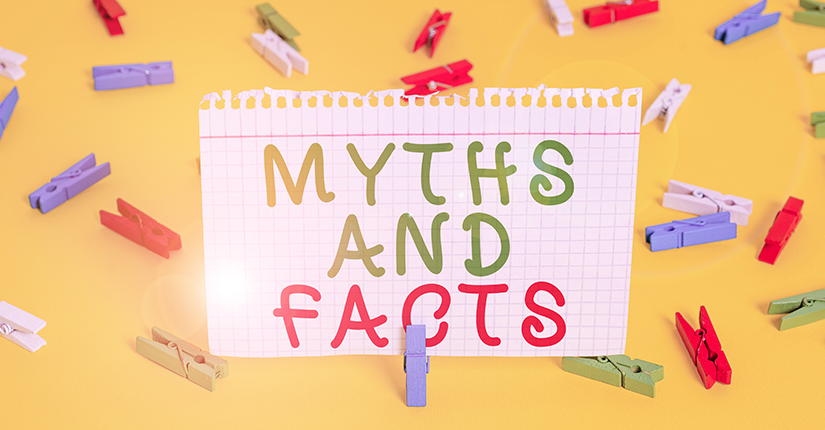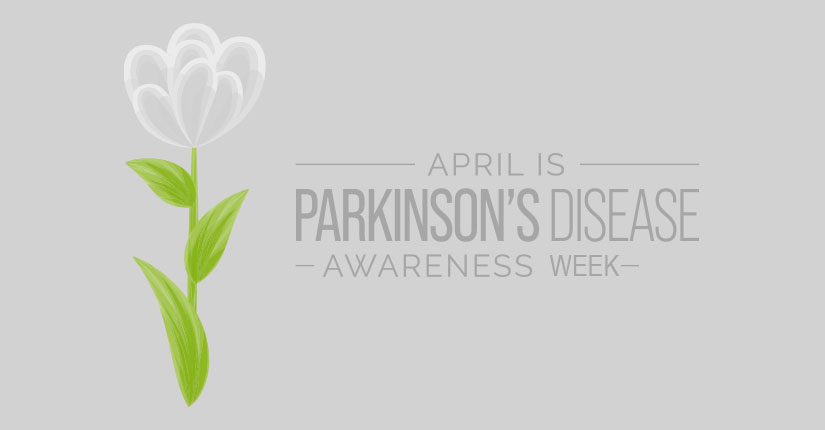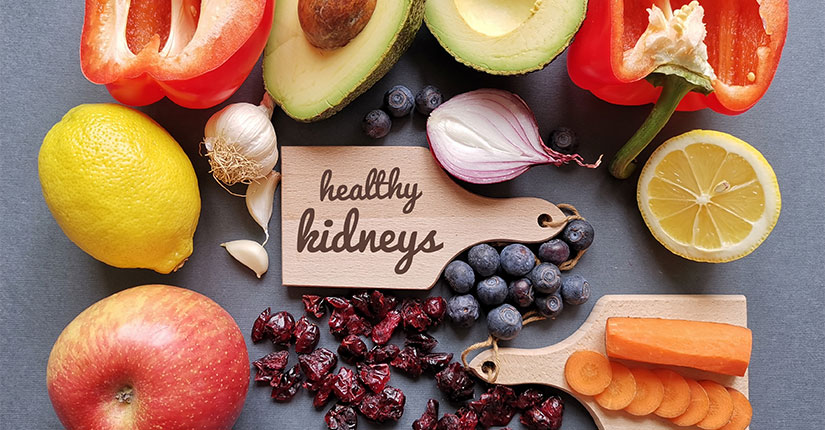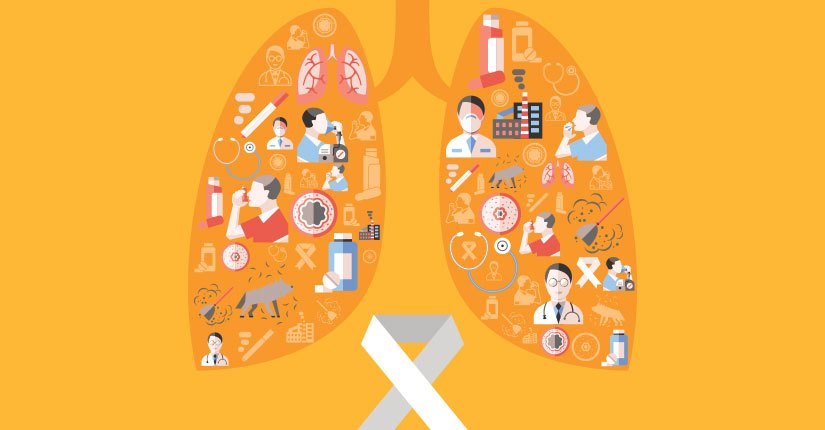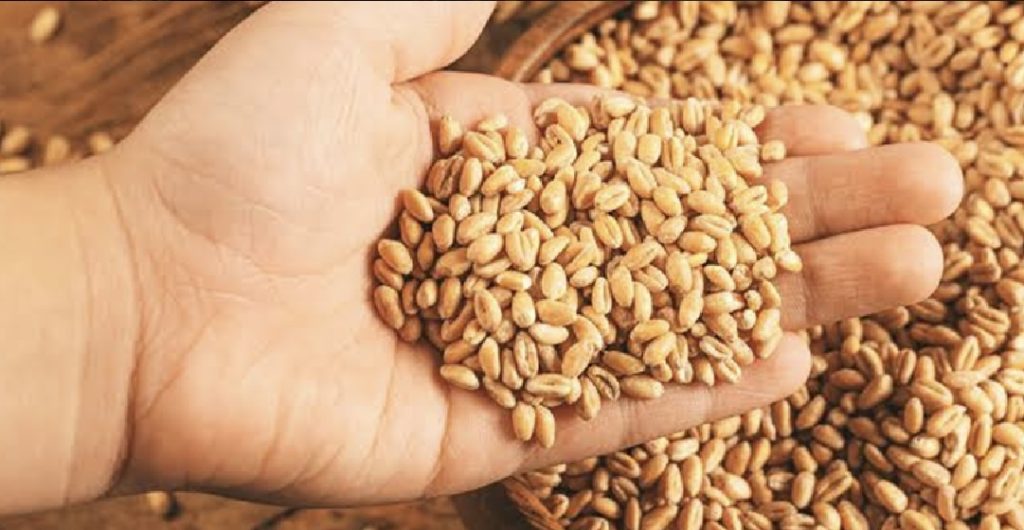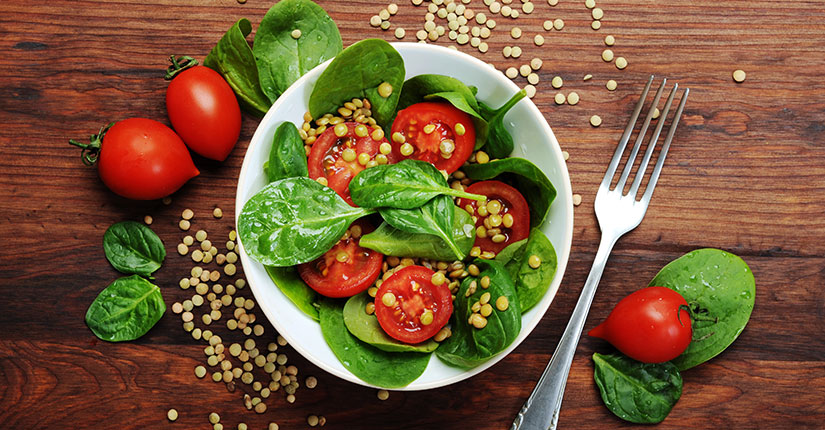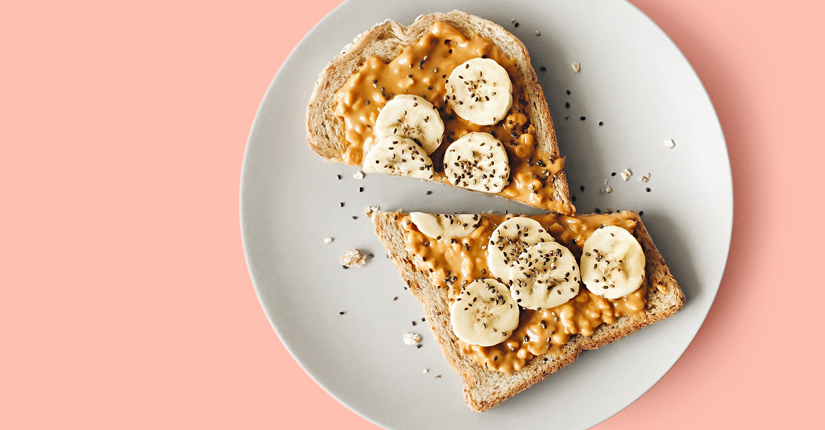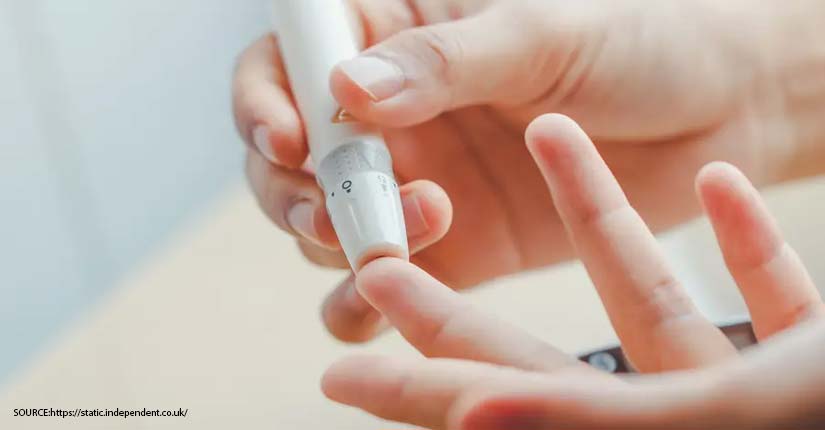4 Diagnostic Indicators Of Non-Alcoholic Fatty Liver Disease
By Nmami Agarwal 24-Aug 2022 Reading Time: 4 Mins
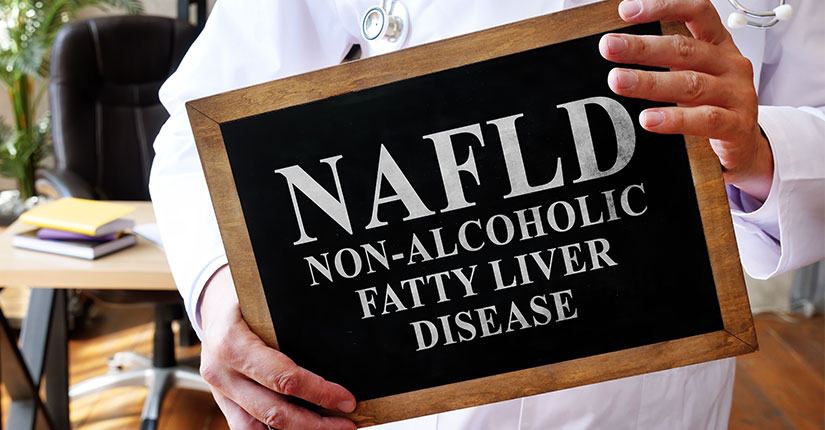
The liver is the largest organ of the body. It plays a lot of vital functions in our body; from removing toxins, and breaking down alcohol to detoxifying blood and production of proteins and cholesterol. While the liver cleanses our body, it is important to cleanse the liver too.
Although the symptoms of fatty liver disease are not prominently visible, over time you may experience fatigue, weight loss, or abdominal pain. Not an alcoholic but still observing the symptoms of fatty liver diseases? Then you might be diagnosed with non-alcoholic fatty liver diseases. Fatty liver disease is a condition when there is an increased build of fat in the liver mainly due to heavy consumption of alcohol. But non-alcoholics also get diagnosed with this condition majorly because of poor lifestyle habits that cause fat build-up in the liver and this condition is called non-alcoholic fatty liver.
The Diagnostic Indicators Of Non-Alcoholic Fatty Liver Disease:
- Obesity- obesity clearly indicates that there is excess fat in the body that the body is not able to digest well. The liver may be overburdened and find it difficult to metabolize fats efficiently., which also triggers inflammation and insulin resistance.
- Abdominal Pain- when the liver can’t digest the fats and flush out toxins, there is a fat build-up that causes a fluid build-up in the abdomen. The fluid build-up in the abdomen due to poor functioning of the liver can lead to abdominal pain.
- Fatigue- fatigue, and tiredness is the sign that your body is giving up. The fat build-up in the body slows down the metabolism leading to lethargy and less energy. It can clearly indicate that the liver has become fatty.
- High Blood Sugar- there is an excess production of glucose, too when the liver is fatty and that can lead to high blood sugar levels. Also, it can make you insulin resistant as the overproduction of glucose will influence the production of insulin as well.
You can take care of your habits and prevent the disease to go hay-wire by following a healthy routine. Consuming fresh fruits and vegetables, good fats, and anti-oxidants can help cleanse your liver. Also, it is important to have an adequate amount of fluids to cleanse your liver of any toxins. Have about 8 glasses of water throughout the day. Exercise regularly as it will also help detoxify the body and reduce the risk of fatty liver disease.
Over To You:
When you are non-alcoholic but you think your liver is in a healthy state, you might be wrong. Feeling low in energy or sluggish can also mean that it’s high time you look after your liver, these diagnostic indicators will help you identify any red flags.



